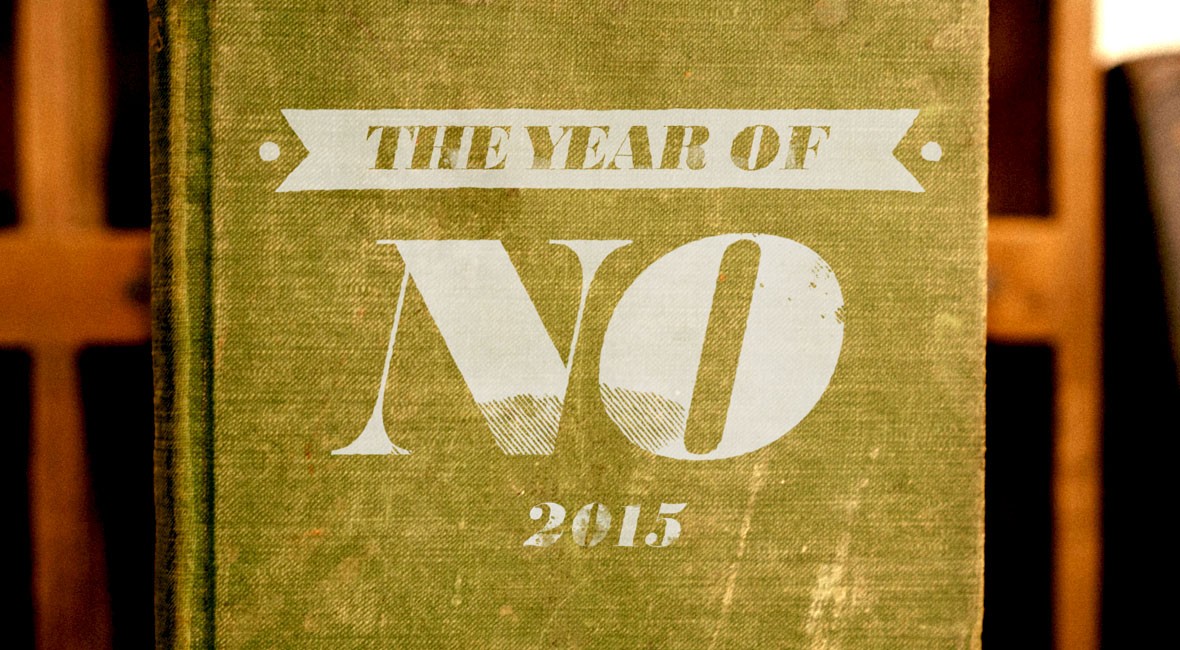Nick is 13. His parents were divorced when he was eight, and it was not cordial. He lives with his mom, and his dad doesn’t seem interested in spending time with him. Nick’s dad cancels most of the planned weekend visits, sometimes with advanced warning, but most of the time he simply doesn’t show up to the agreed-upon meeting place. Nick’s mom is, at best, distracted. She works a full time job, but her typical week night is spent drinking a bottle of wine, staring at her phone.
Everything about Nick – his body, his mind, his heart, and his environment – is in a constant state of change. Eighth grade is hard enough for kids from stable families; it’s eating Nick alive. The pressure to do, to achieve, is overwhelming. He wants to go to college, but admissions standards have gone through the roof. Even the state school is turning away kids with 4.0 grade averages. He is afraid that a single bad grade on a test or a project could derail his entire life. Nick feels immense pressure to achieve, and exceed, perfection in his academic performance, and he hasn’t even entered high school yet.
Not only is he crushed by the weight of academic standards and their bearing on his future career, Nick also lives with the burden of self-determination. He feels tremendous peer (and cultural) pressure to decide for himself who he truly is, particularly sexually. Everything sexual is new for him, and he has no internal foundation upon which to build his identity. He thinks he’s probably straight, but occasionally he hears a voice in his head that tells him he’s gay. But he also wonders about being trans. A lot of kids in his school have come out as gay or trans, and they seem so confident about it. But if Nick is honest with himself, he has no idea who he is or who he is supposed to be. The burden to be, like the burden to do, is crushing him.
Both his internal and external worlds are in a constant state of flux, and because of his parents’ distraction and indifference, he must navigate this chaos on his own. Like so many kids, Nick is alone, confused, and angry. Almost everything in his life causes him anxiety. He is adrift at sea, with no north star to guide him. What does Nick need? (At this point I’d like to say that Nick is an entirely fictionalized character, although I suspect many teenagers – both boys and girls – can relate to some of Nick’s anxieties. His experience may not be typical, but I imagine that it is more common than we might think.)



